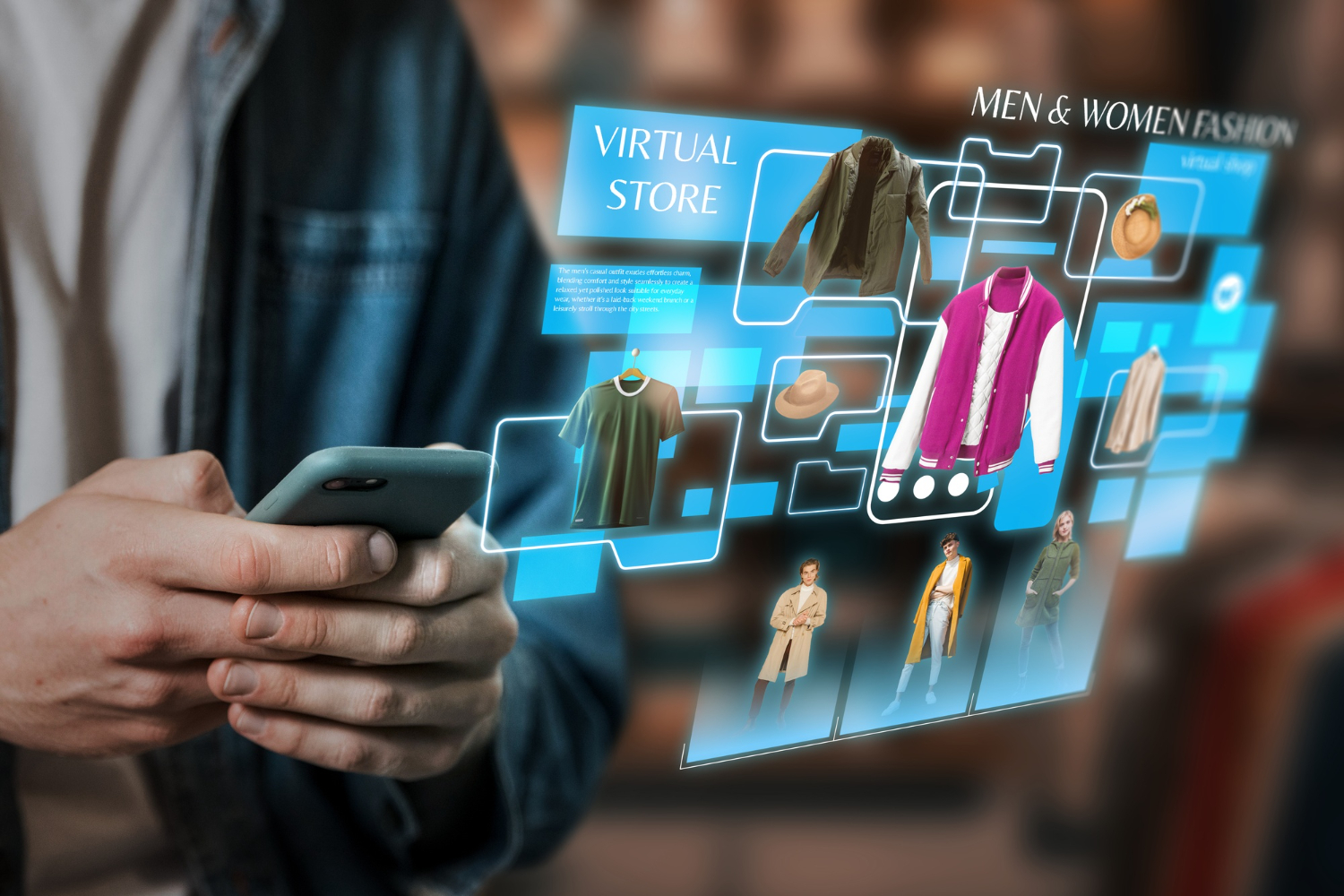E-commerce has reshaped the way we shop and conduct business, transforming not just consumer behaviour but also the strategies businesses employ to reach their target audience. In this article, we’ll explore the nuances of modern e-commerce platforms, examining how they have evolved to meet changing consumer demands and what this means for the future of shopping.
The Evolution of E-Commerce Platforms
The journey of e-commerce platforms from simple online bookstores to complex, multifaceted digital marketplaces is nothing short of revolutionary. Early e-commerce websites were mere digital catalogues where users could order products. Fast forward to today, and modern platforms offer immersive shopping experiences, complete with AI-driven recommendations, augmented reality (AR) previews, and personalised customer journeys.
The Rise of Omnichannel Retailing
One of the most significant shifts in e-commerce is the move towards omnichannel retailing. This approach integrates multiple channels (online, mobile, and in-store) to provide a seamless shopping experience. Customers can browse products on a mobile app, make a purchase on a website, and choose in-store pickup, all while receiving consistent service. Omnichannel strategies emphasise the importance of a cohesive customer journey, blurring the lines between different sales channels.
Personalisation and AI
Artificial intelligence (AI) has become a cornerstone of modern e-commerce platforms, enabling unprecedented levels of personalization. From personalised product recommendations to chatbots that assist with customer service, AI technologies help platforms understand and anticipate customer needs better. This not only enhances the shopping experience but also drives sales by making more relevant suggestions to consumers.
Sustainable and ethical shopping
As consumer awareness about environmental and ethical issues grows, e-commerce platforms are responding by promoting sustainability and ethical practices. This includes offering eco-friendly products, using sustainable packaging, and ensuring fair labour practices in the supply chain. Modern platforms are increasingly transparent about their efforts in these areas, recognising that today’s consumers value sustainability and ethics in their purchasing decisions.
Social commerce and influencer collaborations
Social media platforms have become integral to e-commerce, giving rise to social commerce. Brands collaborate with influencers to tap into their followers, leveraging these partnerships for product promotions and launches. This trend signifies a shift towards more integrated and interactive shopping experiences, where purchasing can happen directly through social media platforms.
The Future of E-Commerce Platforms
Looking ahead, the future of e-commerce platforms seems poised for further innovation. Technologies like blockchain could revolutionise supply chain transparency and security, while virtual reality (VR) shopping experiences might become the norm. Additionally, as consumers become more conscious of privacy, platforms will need to find a balance between personalisation and data protection.
Conclusion
Modern e-commerce platforms are at the forefront of technological and social change, continuously adapting to meet the evolving preferences of consumers. They offer more than just a way to shop; they provide experiences that are personalised, integrated, and aligned with values like sustainability and ethical responsibility. As we look to the future, these platforms will undoubtedly continue to evolve, shaping the way we think about commerce in the digital age.
Exploring the dynamics of modern e-commerce platforms reveals a landscape marked by rapid innovation, consumer-centric approaches, and a commitment to blending technology with human values. It’s a thrilling time for both businesses and consumers, as the possibilities for what e-commerce can achieve seem almost limitless.



